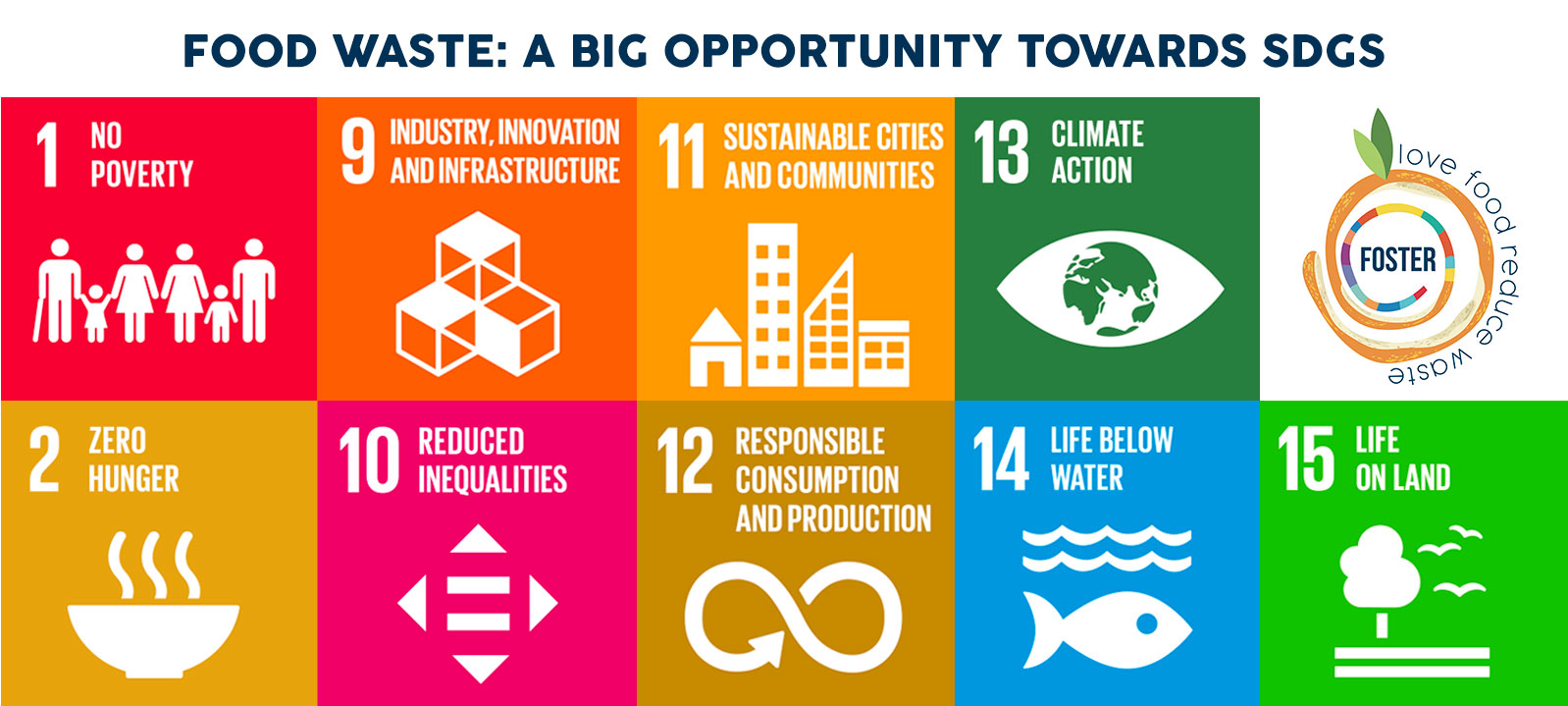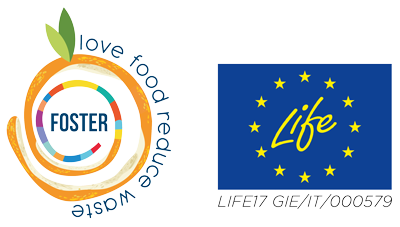The reduction of food waste will help in meeting various Sustainable Development Goals (SDGs). SDG’s are a collection of 17 global goals designed to be a “blueprint to achieve a better and more sustainable future for all.”1 The SDGs, which were set in 2015 by the United Nations General Assembly, are to be reached by the year 2030, as part of the UN Resolution 70/1, the 2030 Agenda. 2 3 By reducing waste, one will in turn be reducing business costs, creating social and environmental benefits and increase consumers’ savings. The reduction of food waste works to directly affect the SDG Goal 12, most specifically SDG 12.3. Goal 12 aims to “ensure sustainable consumption and production patterns”. With food waste being a large contributor to the global waste problem, SDG 12.3: “halve per capita global food waste at the retail and consumer level, and reduce food losses along production and supply chains by 2030”. 4 By a cascading effect, reducing food waste will also affect 8 other different goals, listed here below. References
18 December 2019
Food Waste Reduction and Sustainable Development Goals

Categories:
food waste

